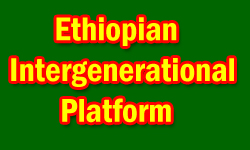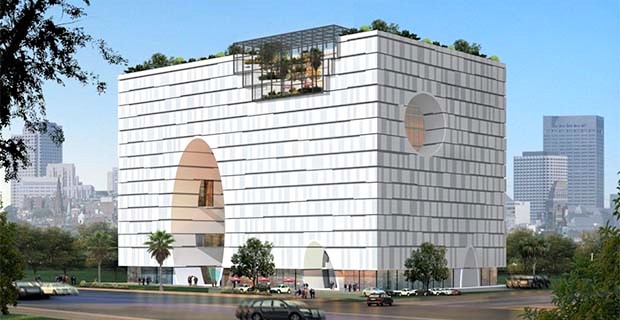The lacking platform!
 By  Leyou Tameru
By  Leyou Tameru
Addis Ababa, EthiopiaÂ
About two weeks ago I wrote a column about social media and our use of it.
The main challenge I had identified is that we need to learn to use social media responsibly. And by that, what I mean is that we need to learn to take in the information we get online with a grain of salt as false news can travel just as fast as true news, if not faster, on the internet. In this information age, it’s not just about the information it’s about how we digest and how we decide to use it. But there was a point that many wanted to challenge and that’s the issue of our love of dichotomies. It’s not only about our politics, our perception of many things is very dichotomous.
This week I am in the very cold city of New York where I was presenting research at Columbia University. I was speaking with a few people who were present at the time the late Ethiopian PM Meles Zenawi was invited to speak at this school. Stories of how the police had to stand between a group that supported him and a group that was against him. It was very interesting to hear because it in a way sums up the reactions we have towards anything. The loud screams of the pro and anti drown out any background noise and create a cacophony. The issue here is not whether either of these sides are on the “right†or “wrong†one, rather how they drown out any other sound. And if one takes the time to notice, these two groups are being led by the same generation that leads protests decades before supporting a completely different ideology but using different means, one of which happens to be social media.
What scares me the most about this dichotomy is that it is alienating many, especially young people who may be interested in the different issues but who do not want to join either group, or would like to hear a different narrative. There seems to be an expectation that young people should follow the footsteps of the older ones by supporting what their fathers and mothers supported and looking down upon what they looked down upon. To some extent this has worked, but what this has also done is create a group of young people who are “apolitical.†Not just a group that doesn’t want to follow one of the other loud screams, but one that doesn’t want to have anything to do with politics.
During my presentation I was very glad to see Ethiopians and a few non-Ethiopians from different generations coming to discuss the Ethiopian legal history. And the important lesson I took from this experience is that, what we are all lacking as a people is a “neutral†platform. An inter-generational platform that neither politically charged group designates to being a supporter of one or the other. We are lacking a space where we can talk to each other and exchange experiences and share important lessons. Being political or “apolitical†should not be a reactionary decision rather a choice, after weighing out the options. The necessity of an inter-generational platform of mutual learning is not a one-time thing. We need to build an institution around this platform, make sure it is something that happens regularly and allows as many divergent views as possible. If we are unable to have a civil conversation with each other, how can we ever expect anyone to take us or what we have to say seriously?
Original article appeared in the Reporter



